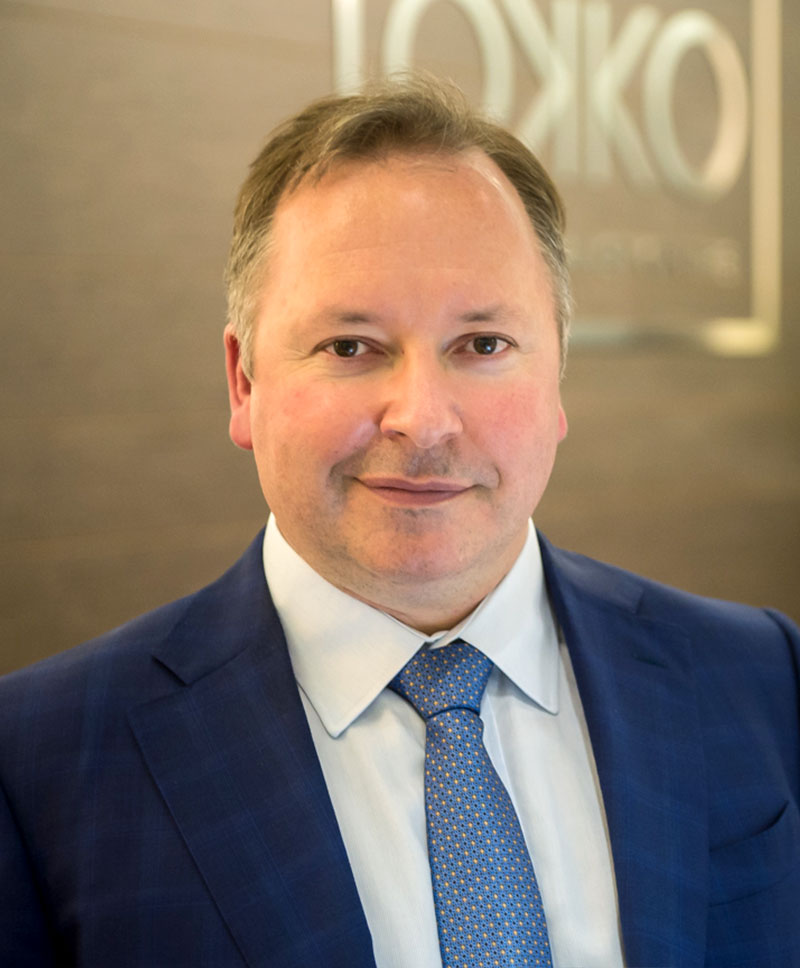
Sleeping after laser eye surgery: Can I sleep on my side after LASIK?
LASIK has become a standard procedure for correcting vision problems. However, one of the things that you may be concerned about after the surgery is how to sleep and if you can sleep on your side after LASIK. Sleeping after LASIK can affect your healing process and the procedure’s outcome. This blog post will discuss the dos and don’ts of sleeping after LASIK and whether you can sleep on your side.
What is LASIK?
LASIK, which stands for Laser-Assisted In Situ Keratomileusis, is a popular surgical procedure for correcting vision problems. We create a thin flap in the cornea during the procedure using a microkeratome or a femtosecond laser. We then lift the flap and use a laser to reshape the underlying corneal tissue to correct our patient’s vision. After we reshape the cornea, we reposition the flap, and the eye can heal naturally. Creating the corneal flap is critical in the LASIK procedure as it allows for rapid healing and minimal discomfort. The flap protects the cornea’s surface, reducing the chance of infection and scarring and providing a more stable surface for the laser to work on. The LASIK procedure has proven to be a safe and effective1https://journals.healio.com/doi/abs/10.3928/1542-8877-20000301-07 way to correct vision problems, with millions of people worldwide having benefited from this procedure.
Recovery after LASIK
- Healing times after LASIK surgery vary for each person, typically taking a few days to a week or more, depending on your body’s healing ability.
- To aid the healing process, follow these guidelines during the first few days after your surgery:
- Avoid strenuous activities that increase eye pressure, such as heavy lifting, exercise, and swimming.
- Sleep with eye protection, like eye shields, to prevent accidentally touching or rubbing your eyes while sleeping.
- After the initial days, you can sleep comfortably in any position that doesn’t involve rubbing your eyes. However, pay attention to any discomfort or irritation. If you experience any, return to sleeping on your back with your head elevated.
- Don’t forget to use prescribed eye drops diligently after LASIK surgery. They are essential for preventing infections and keeping your eyes properly lubricated, as your eye surgeon recommends.
In conclusion, sleeping after LASIK surgery requires a little extra care and attention to ensure proper healing and achieve the best possible outcome. Remember to follow the instructions given by your eye surgeon, including using eye drops, to ensure smooth healing post-LASIK surgery. With these simple precautions, you can ensure a seamless and successful LASIK experience. Book a free assessment with us to find out more about LASIK surgery.

Hi, I’m Dr. Matthew Russell, a laser and cataract surgeon
HI I’M DR. MATTHEW RUSSELL A LASER EYE AND CATARACT SURGEON
With over 15 years of experience, I enjoy the privilege of helping patients of all ages reclaim clear vision or preserve it for as long as possible.
Vision correction and high-precision cataract surgery hinge on the expertise and skill set of the provider who also has access to the most precise tools for the job. Ophthalmic surgeons like me know how to make treatment safe, comfortable and positive for the patient. They know how to minimise the risk of complications and maximise successful outcomes.
I have a passion for helping my patients enjoy the clear, high-definition vision they need to live rich and active lives. Now, I have hand-picked a team of professionals that share my passion and commitment to exceptional care.
Dr. Matthew Russell
MBChB, FRANZCO





